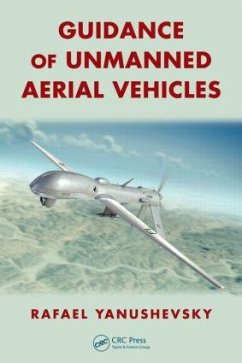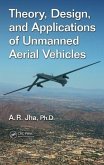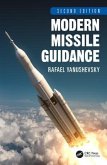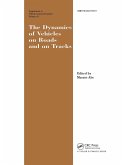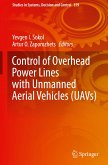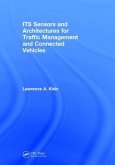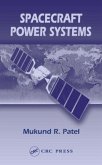Based on the Lyapunov-Bellman approach, this book explains how to choose optimal parameters of guidance laws. It focuses on the physical interpretation of obtained mathematical expressions. It compares practical application of newer and existing guidance laws, focusing on boost-phase intercept systems, especially airborne interceptors for such systems. To address a wide range of guidance problems for unmanned aerial vehicles, the author formulates a more general guidance problem and develops corresponding laws. The text also discusses the obstacle avoidance problem for UAVs and develops algorithms to deal with the issue.
Written by an expert with more than 30 years of experience, Guidance of Unmanned Aerial Vehicles contains new analytical results, taken from the author's research, that can be used for analysis and design of unmanned aerial vehicles guidance and control systems. This book progresses from a clear elucidation of guidance laws and unmanned aerial vehicle dynamics to the modeling of their guidance and control systems. The author provides an innovative presentation of the theoretical aspects of unmanned aerial vehicles' guidance that cannot be found in any other book. It presents new ideas that, once crystallized, can be implemented in the new generation of unmanned aerial systems.
Written by an expert with more than 30 years of experience, Guidance of Unmanned Aerial Vehicles contains new analytical results, taken from the author's research, that can be used for analysis and design of unmanned aerial vehicles guidance and control systems. This book progresses from a clear elucidation of guidance laws and unmanned aerial vehicle dynamics to the modeling of their guidance and control systems. The author provides an innovative presentation of the theoretical aspects of unmanned aerial vehicles' guidance that cannot be found in any other book. It presents new ideas that, once crystallized, can be implemented in the new generation of unmanned aerial systems.

